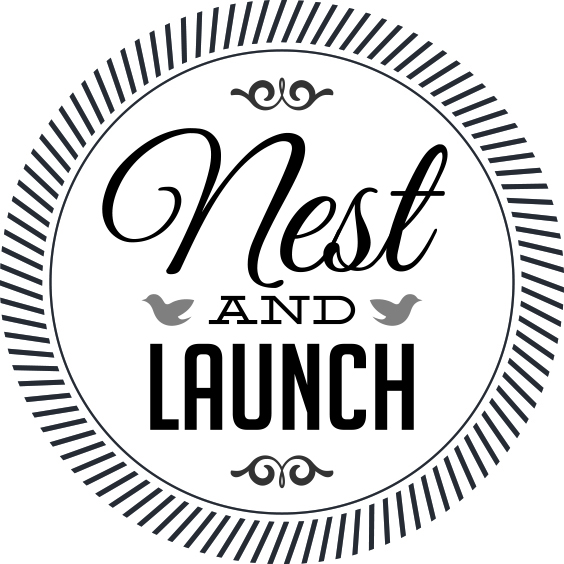Practicing Parenthood: Paying Attention
/Most of the time we think about parenting as something we do to influence someone else—it's what we do to raise baby humans into responsible, contributing adult humans. We scour articles that promise “pro tips to get your child to behave” or “how to produce a [kind, responsible, smart, superstar] child in ten easy steps.” Me too! I get it--I study and teach parenting for a living—the fascination is strong there and we want to crack the code for how to produce happy, adjusted people.
Lately, though, I’ve been mulling over how parenting and parenthood has changed—sometimes “raised,” other times lowered—me.
When I’ve let it, motherhood has been a spiritual practice—and I mean that in the sense of my spirit imperfectly practicing difficult, soul-stretching-and-spraining things.
That’s not to say it’s always transcendent or that I float around in nirvana but rather that when I hit the most difficult (yet oh-so-frequent and mundane) times of being the allegedly mature grown up in a family, those moments invite me to learn to be a better human in general and get better at the things that matter.
Now and then I’d like to chat here about some of those parenthood practices that make us stronger people—the equivalent of doing those annoying scales and arpeggios when practicing the piano. What are those things? I don’t know. Or rather, I’m trying to figure it out. Tell me yours: what quality or change has the practice of parenthood brought you? What specific parenthood moments have helped stretch and deepen you as a person? Please chime in, I’d really love to know.
. . .
Here’s one I’ve been considering: attention. More specifically: paying it. In the movie Lady Bird one of my favorite parts is a scene between Lady Bird, this teenage girl who lives in Sacramento (though is aching to leave it), and her Catholic School counselor, Sister Sarah Joan. After reading Lady Bird’s college entrance essay, Sister Sarah Joan remarks that Lady Bird clearly loves the city. “You write about Sacramento so affectionately, and with such care,” she tells her. This surprises Lady Bird, who replies that she just pays attention. Then Sister Sarah Joan notes, “Don’t you think they are the same thing? Love--and attention?”
French philosopher Simone Weil wrote about attention as a kind of spiritual discipline: “attention is the rarest and purest form of generosity.” Parents know this. We gaze at our newborn’s faces for hours, memorizing the slopes and angles and reading their features and their cues like tea leaves. Somewhere along the line this level of attention becomes inappropriate and/or unwelcome (“Why are you staring at me like that?!”) so our attention takes covert, underground forms.
I got out of practice of really paying attention as the pace, competing priorities, and sheer number of people in our family increased. But I’m keen to build that muscle again. If you are, too, here are a few ideas for our attention practicing:
- Write a description of each of your big kids/teens/YAs as they are now. Details. What do they look like, who do they remind you of, what pushes their buttons and makes them happy? Baby books are great and all but this is when things get really fascinating. Pay attention and document, even if just for your own eyes.
- Look family members in the eye. Don’t make this creepy; try for at least once or twice a day when you stop what you’re doing, turn to them and talk face to face, no interruptions. Notice what it feels like to really see and be seen.
- Pay a sincere compliment about something you’ve noticed. Or write a note. I remember once when I was an awkward, 15-year-old I took a ballet class. Short limbed and long bodied with legs more muscular than lithe, I didn’t feel graceful. I felt self conscious and internally lamented I didn’t look like the twiggy lean dancers in the class but I did love going to class, moving to the music, expressing myself that way. My mom came to one of the open house classes and said in the car on the way home something offhanded like “It was so beautiful to see you move like that. You have such a lovely figure.” I probably said “oh, Mom.” I might have even rolled my eyes. But guys. I took that compliment and tucked it into my soul pocket for years. I felt seen.
We are here to abet creation and to witness it,
to notice each thing so each thing gets noticed.
Together we notice not only each mountain shadow
and each stone on the beach
but we notice each other’s beautiful face
and complex nature
so that creation need not play to an empty house.
Annie Dillard




























